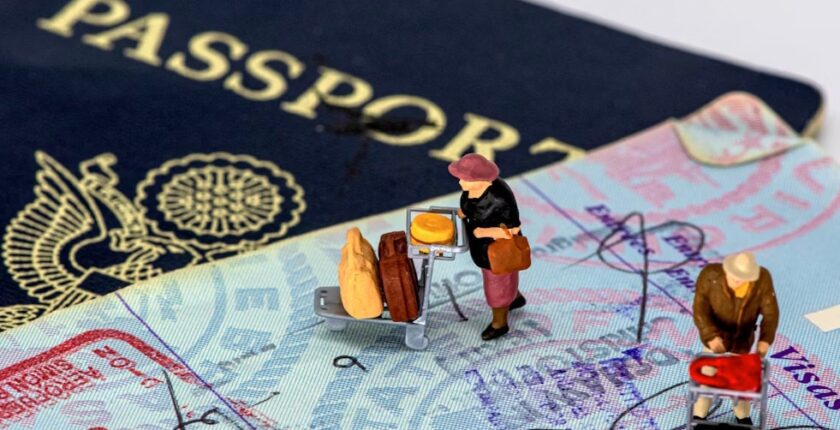Simple Student Visas: UK, Canada, Germany, or Australia?
Thinking about studying abroad? It’s a big decision, and Canada is one of the top destinations for international students. But before you pack your bags, you’ll need to navigate the student visa process. This is a crucial step that ensures you’re prepared and able to support yourself during your studies. Let’s take a look at how you can get started on your journey to studying in Canada.
CANADA: THE STUDY PERMIT
When you decide to study in Canada, applying for a study permit is essential. This isn’t just a formality; it’s your ticket to gaining valuable education in a country known for its high-quality universities. You should apply online at least four to six months before your program starts to ensure you have everything in place. Remember, the study permit will only be issued upon your arrival if your application is approved in advance!
KEY REQUIREMENTS
- Letter of Acceptance (LOA): This confirms your admission to a Designated Learning Institution (DLI). It’s a must-have document.
- Provincial or Territorial Attestation Letter (PAL/TAL): This letter is needed depending on the province or territory you’ll be studying in.
- Proof of Financial Support: By September 2025, you’ll need to show that you have at least CAD 22,895 to cover living costs, not including tuition. This can be proven through documents like a Guaranteed Investment Certificate (GIC).
- Statement of Purpose (SOP): This letter should explain why you want to study in Canada, your program choice, and future aspirations.
- Biometrics: Expect to provide fingerprints and a photo at a local visa application centre.
WHAT’S NEXT AFTER YOUR STUDIES?
Once you finish your studies, you might wonder what steps to take next. Many international students look into work opportunities in Canada post-graduation. One route you can take is to apply for a Post-Graduation Work Permit (PGWP), allowing you to gain valuable Canadian work experience, which can help in applying for permanent residency (PR) later on.
UNDERSTANDING CANADIAN IMMIGRATION POLICIES
If you’re considering moving to Canada for studies, it’s also good to familiarize yourself with the country’s immigration policies. For instance, the Express Entry system is a popular pathway for international graduates. This system uses a points-based ranking system to evaluate candidates. Factors such as age, education, and work experience can influence your score in the Comprehensive Ranking System (CRS).
There’s also the Provincial Nominee Program (PNP), where provinces can nominate individuals for PR based on local labour market needs. Understanding these pathways and how they relate to your education and work experience could be the key to building your future in Canada.
HERE FOR YOU
If you’re exploring job opportunities from overseas, the journey can feel overwhelming. That’s where we come in! Our website, VisaJobsCanada.com, focuses specifically on Canadian jobs that offer visa sponsorship to international applicants. Each job listing includes details about visa support, which makes navigating your options a lot easier.
WRAPPING UP
In summary, while the student visa requirements can seem daunting, starting early and understanding what you need can make a huge difference in making your study abroad dream a reality. Canada welcomes international students, and with the right preparation, you’re well on your way to an enriching educational experience and, potentially, a long-term life in this beautiful country. Remember, the student permit isn’t just paperwork; it’s your gateway to exciting opportunities, vibrant communities, and a chance to shape your future.
Have your say!
Got a question, opinion, or experience to share about working in Canada? Leave a comment below and join the conversation.

